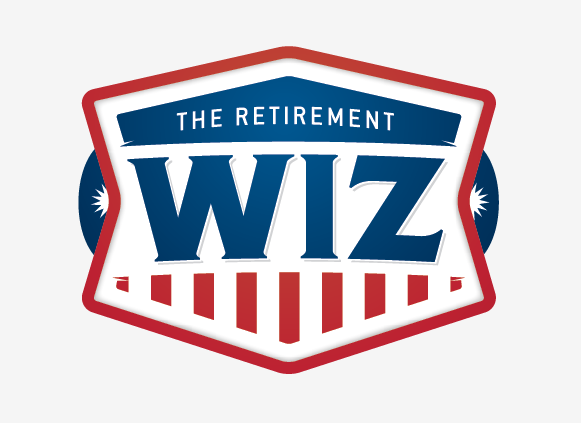A guardian of a minor is a person that has the powers and responsibilities of a parent concerning the child's support, care, education, health, and welfare. A minor is a child under 18 years old. Guardians must at all times act in the child's best interests.
Guardians' duties include:
- taking custody of the child and provide a place for the child to live
- being personally acquainted with the child and maintaining enough contact with the child to know his or her abilities, limitations, needs, opportunities, and physical and mental health
- taking reasonable care of the child's personal property
- applying any of the money that the minor has available to his or her current needs for support, care, education, and welfare
- saving any excess money the child may have for his or her future needs
Does a guardian control the child's property?
No. A guardian does not have power or control over the child's property. If a child has property that needs to be managed or controlled, the court appoints a conservator.
The guardianship of a minor ends at age 18.
This information is not intended to be tax or legal advice, and it may not be relied on for the purpose of avoiding any federal tax penalties. You are encouraged to seek tax or legal advice from an independent professional advisor.


